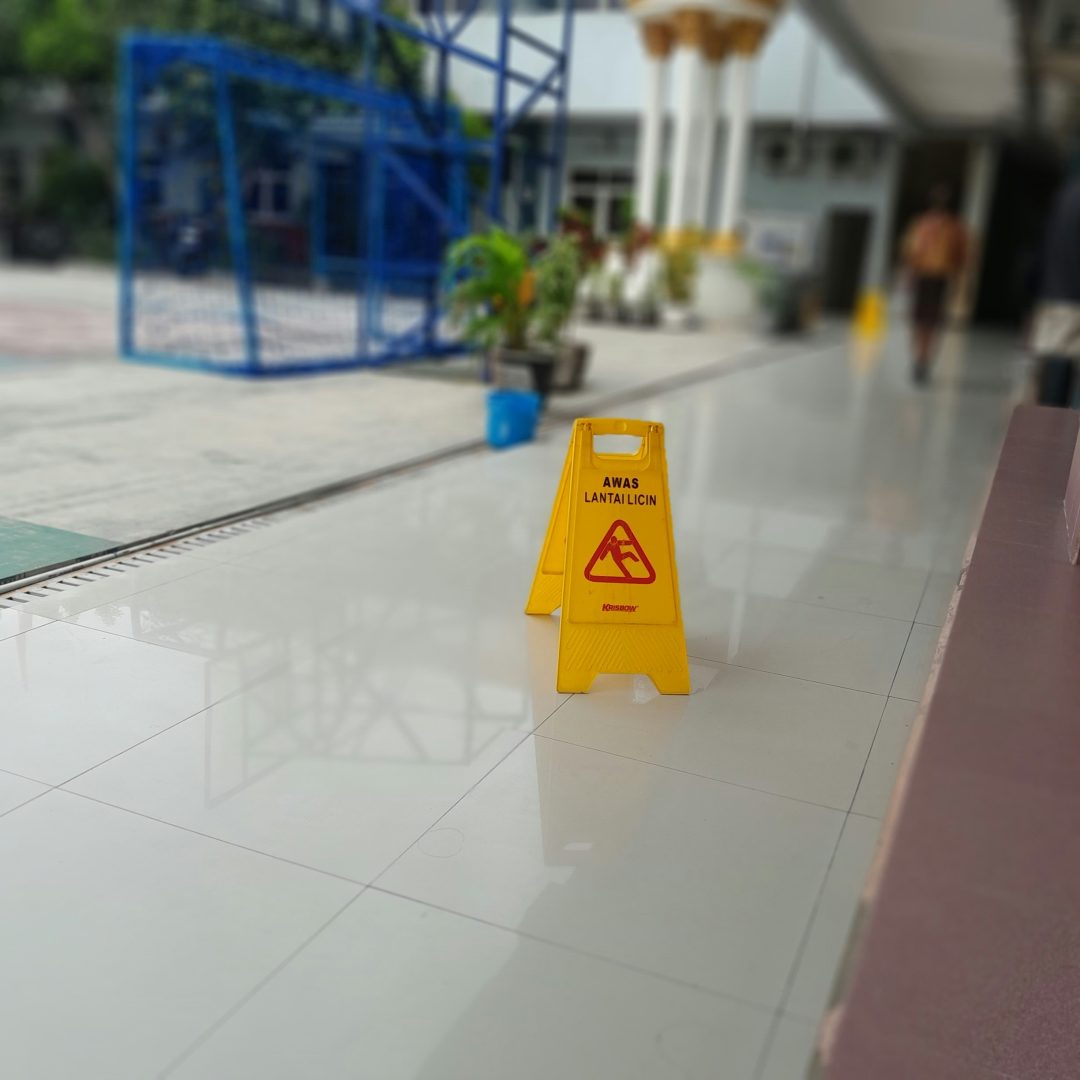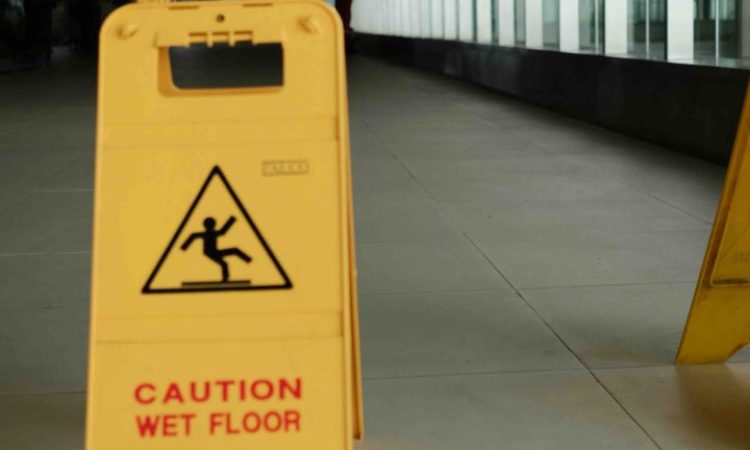
Exploring the Gender Gap in Accident at Work Claims in the UK
Accident at Work claims are a vital part of the UK’s legal framework, offering protection and compensation to employees who suffer harm at work due to unsafe conditions or employer negligence. However, an emerging pattern suggests a significant gender imbalance in who is accessing this legal recourse. Statistics show that men are far more likely than women to make injury claims after a workplace incident, raising important questions about gender in the legal system and the world of work.
The Current Landscape of Personal Injury Claims in the UK
Data from the Health and Safety Executive (HSE) and compensation bodies consistently show that men file the majority of personal injury workplace claims. While this may, on the surface, reflect the higher number of men in physically demanding jobs, it does not account for the full picture. Women are still sustaining injuries at work, particularly in sectors such as healthcare, education, and retail, but are not pursuing legal claims at the same rate as their male counterparts. Common types of workplace injuries include slips, trips, falls, repetitive strain injuries, and manual handling-related accidents.
Reasons Behind the Gender Gap
There are several likely contributors to the disparity. One is the view of ‘traditional gender roles’ and workplace norms. Women have historically been concentrated in sectors perceived as ‘low-risk’, such as administrative, caring, and teaching professions, despite evidence that these roles also come with their own physical hazards. The perception that these jobs are safer may result in women feeling their injuries are not serious enough to warrant a claim.
Awareness and cultural expectations also play a role. Some women may be less familiar with their rights regarding workplace injuries, or they may feel discouraged from initiating a formal claim due to concerns about being perceived as confrontational. In addition, women may worry more than men about the potential repercussions of a claim on their working relationships or career progression.
Economic and social factors further compound the issue. The fear of job loss, reduced hours, or workplace stigma may discourage women, particularly those in roles where they have achieved a desirable working pattern or work/life balance, from seeking compensation. These pressures can result in a tendency to downplay injuries or avoid taking formal action, even when entitled to do so.
The Impact of the Gender Gap
This difference can have long-term consequences, not only for individual women but also for broader efforts to promote equality and fairness in the workplace. When women are less likely to bring personal injury claims, their experiences and injuries may be underrepresented in legal precedent, workplace safety policies, and industry-specific reforms. This could inadvertently shape future workplace standards around male-dominated risks and ignore hazards that disproportionately affect women.
Moreover, failing to pursue claims can delay or prevent access to appropriate medical care, rehabilitation, or compensation, potentially exacerbating injuries and financial problems.
Conclusion
Bridging the gender gap in Accident at Work claims requires a combination of awareness, encouragement, and reorganisation. Education is essential to ensure that all workers understand their rights and feel empowered to act when those rights are breached.
If you have been injured at work and are unsure of your rights, Hopkins Solicitors can provide the help you need. Our experienced personal injury team understand the challenges women face when considering a claim, and we are committed to providing clear, concise advice through the entire process. Contact Hopkins Solicitors today for a free consultation and let us help you get back on track.
Request a CallbackRelated Articles
-

Putting Our Clients First: Personal Injury Support You Can Trust
At Hopkins Solicitors, we understand that being injured, whether at work, in a public place, or on someone else’s property,…
-

When Real Life Goes Wrong at Work
Staying Safe and Getting Justice Accidents at work remain a pressing legal and social issue in the UK. Despite decades…
-

Accidents at Work Your Right to Claim Compensation
Accidents at work happen far more often than many people realise. Every year, thousands of employees across the UK are…